Video
Hi! My name is Allie and I am extremely excited to be sharing my thoughts and understanding of the Holocaust on this page as it relates to our current cultural and political climate in the US today. This summer I was finally able to dive deeper into the complex literary, social, and political history that surrounds the Holocaust in order to better understand Poland’s current attitude towards Holocaust and the importance of studying it. I truly believe that studying the Holocaust is central to how we act and view the world today, an understanding of the past is crucial to a better future. Through my research I hope to compare and contrast Polish children’s literature before the war and after in order to understand the complex Polish Jewish relationship. I think studying children’s literature demonstrates the importance of how children understand the world around them, ultimately giving them the tools to become better global citizens.
0 notes
Text
Allie & Rebecca Read "The Shawl" by Cynthia Ozick
youtube
0 notes
Photo
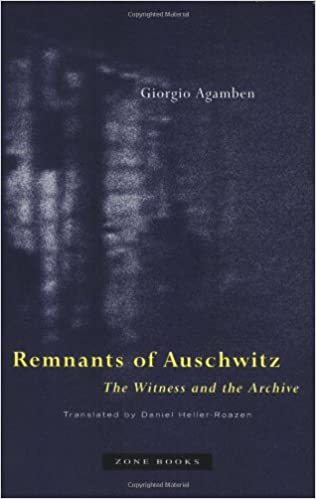
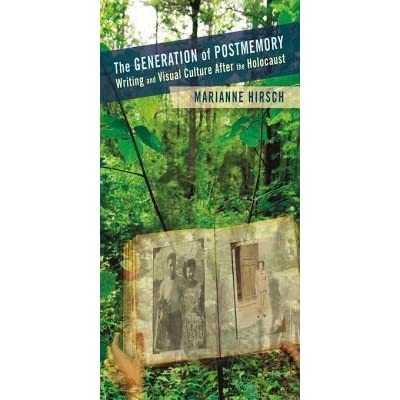
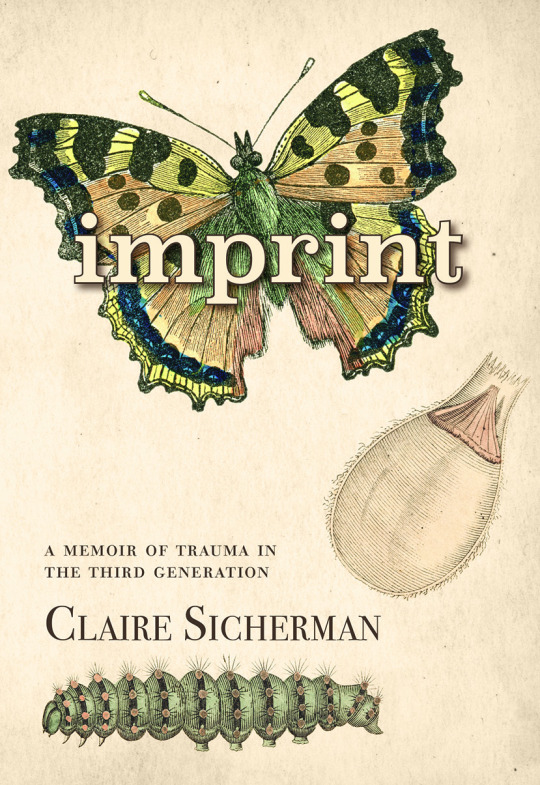
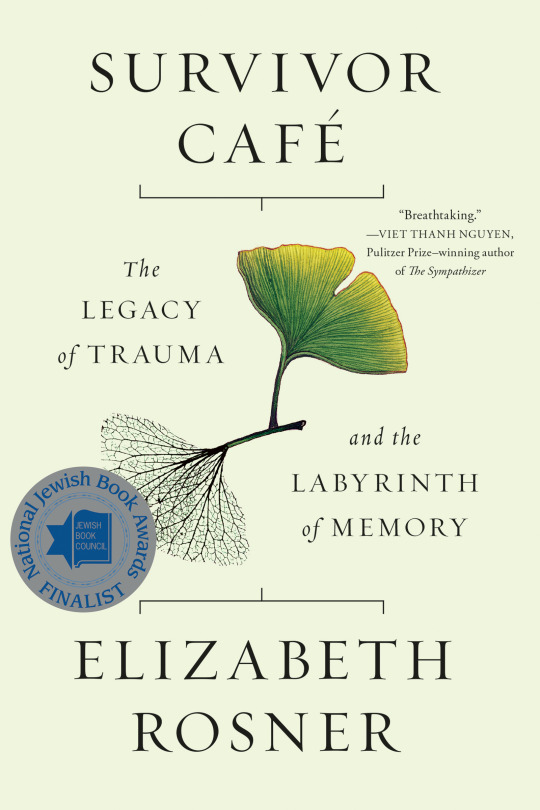
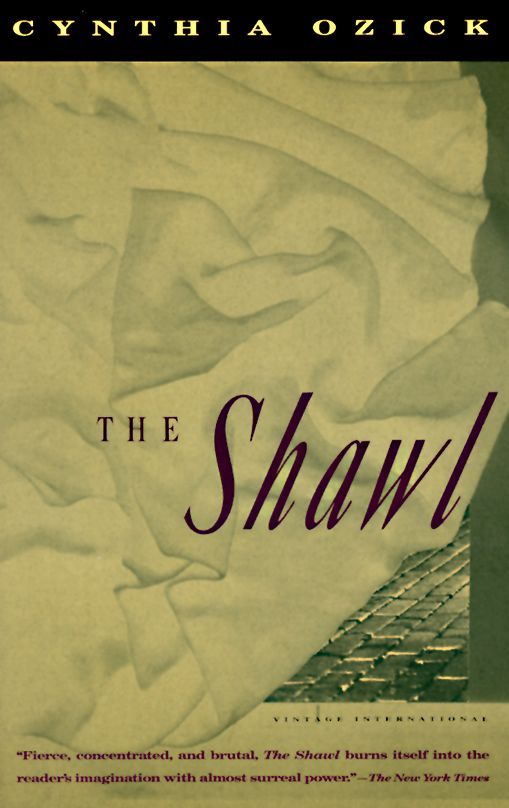
Books that have informed Rebecca’s research and thinking. She quotes these in her poem, “Nursing Ghosts of Metaphors Past.”
0 notes
Text
Nursing Ghosts of Metaphors Past
By Rebecca Gross | Written June 10, 2020
Scoliosis and cursive Rs
remind me of my child-
hood(s). Closed breasts with ducts taped shut:
“There was not enough milk...
she felt light, not like someone
walking but like someone in a
faint, in trance, arrested in a
fit, someone who is already a floating angel” [1] ––
Cribbed children with mouths as pale as
sun-bleached paper,
anemic from lack of tradition;
rich with loved voices and thick
curls of history,
ringlets bouncing on backs of girls
running home with challas ––
hair and bread braided of
ancestral pasts.
What is the Metaphor you’re searching for?
“From Greek metaphora ‘a transfer,’
literally ‘a carrying over,’” from
metapherein ‘to transfer, carry over, change, alter’...
from meta ‘over, across’ +
pherein ‘to carry, bear’” [2]
To Carry, To Bear
Witness:
“Testimony is the disjunction between two impossibilities of bearing witness.” [3]
To Carry, To Bear
Language:
“A language that no longer signifies”
“A non-language.” [4]
To Carry, To Bear,
“Responsibility (and privilege?)”:
To find ways of
restoring language to the
fracturing and silencing
of human experience.” [5]
To Carry, To Bear
Children:
Those who “will embody
the DNA of the dead.” [6]
Those who will be mute for years
until their DNA begins to boil,
coming in waves and wails of pain,
emptied from their colorless mouths,
hungry for every piece of culture their
mothers’ mammary glands know and their own memories lack ––
Who is the Metaphor you’re searching for?
Is She the howl of a child crying for her mother’s chapped,
milkless breasts?
Is She the breath of God ––
the rustle of the leaves whispering
Yud Hey Vav Hey
I am who I am?
Is She the buzz of electric
fences ––
“real sounds in the wire:
Grainy sad voices...
lamenting voices” [7]
that speak on the tongue of
sorrow?
Who is the Metaphor you’re looking for,
and will She be on your side when she lets herself be found?
Will she bear
witness,
language,
responsibility,
privilege for the
“silence in the stories” [8] she never told
us, Lacunas [9] festering in our
guts, throats, veins?
Child, Cry out in undignified
screech ––
Who needs dignity when people are
dying? when the “memories of others’
experiences” become your
past, present, and future?
When you can’t escape the
psychic pain radiating from stoneless
graves of your ancestors because it’s
not only in your genes but it’s also
your everyday experience?
---
[1] Cynthia Ozick, “The Shawl.” 3-4.
[2] Etymonline.com/word/metaphor
[3] Agamben, Giorgio. Remnants of Auschwitz. 39.
[4] Ibid.
[5] Rosner, Elizabeth. Survivor Café. 206.
[6] Rosner, 33.
[7] Ozick, 9.
[8] Sicherman, Claire. Imprint. 90.
[9] A reference to Agamben’s work.
[10] Hirsch, Marianne. The Generation of Postmemory. 31.
0 notes
Video
Hi there! My name is Rebecca Gross, and I’m a graduate student at Loyola Marymount University in Los Angeles. I’m originally from Los Angeles, and more specifically, the San Fernando Valley. I grew up going to Jewish summer camp in Brandeis, CA –– Camp Alonim –– where I first explored my Jewish identity and culture. I pursued my BA in English Literature at the University of Washington in Seattle, where I researched and wrote about the African Diaspora in literature. I returned to Los Angeles in the Summer of 2018, and upon beginning my Masters Studies at LMU in the Fall of 2019, decided I wanted to put the research I’d already done in conversation with my Jewish identity. My research now explores how memories become archived in bodies that have endured large-scale trauma (such as the Holocaust, the Tulsa Massacre, and other genocides). In the context of this course –– which was supposed to take place in Poland, but was re-structured due to COVID-19 –– I’m considering how children, grandchildren, and great-grandchildren of Holocaust survivors represent the Holocaust in literature, film, and TV. Allie, my partner in this digital humanities project, and I are working to explore how our research interests fit together with one another; this page is the documentation of that process.
2 notes
·
View notes